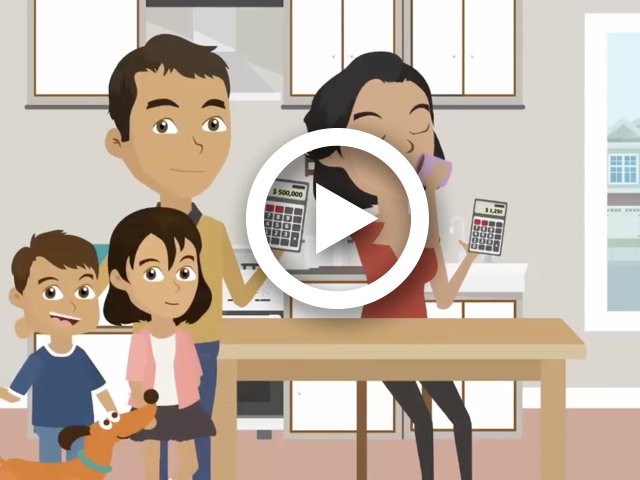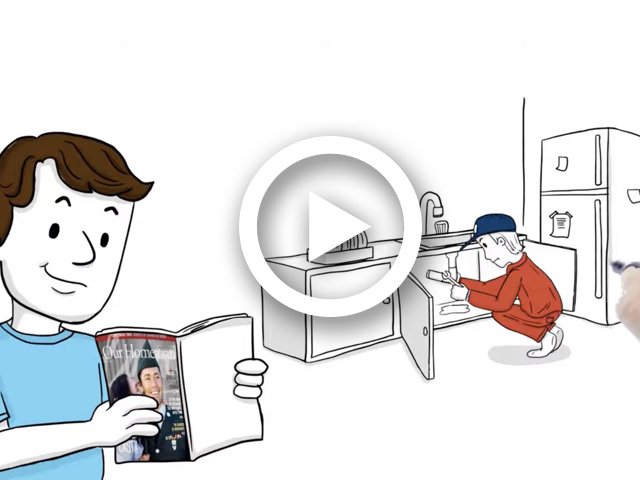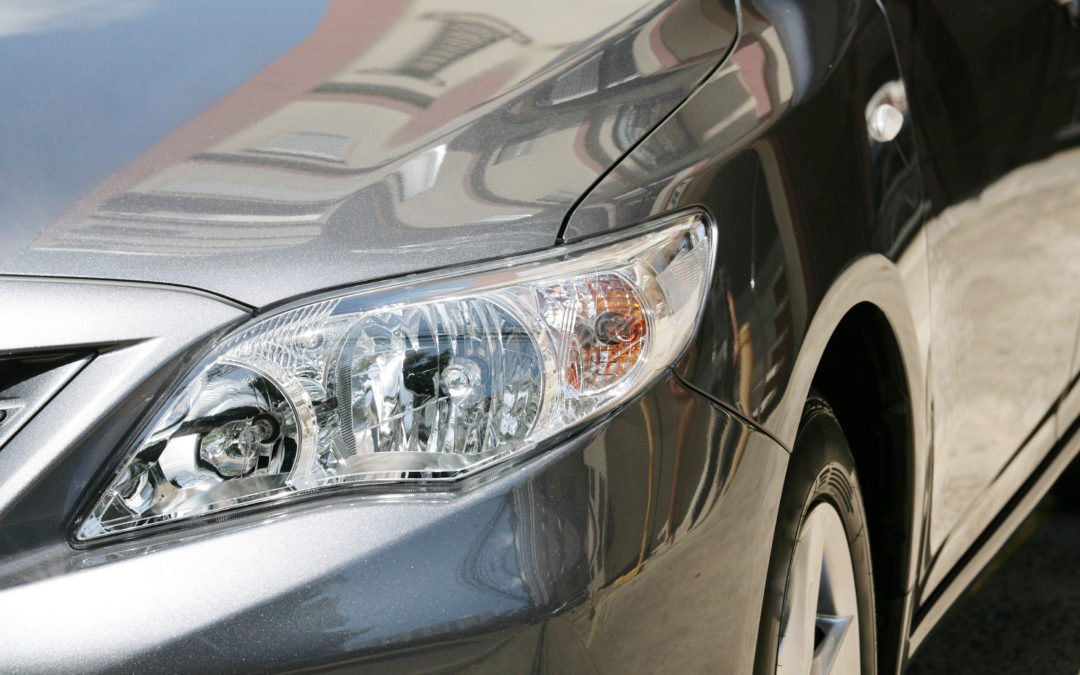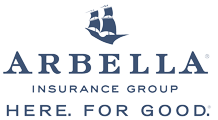Drought + COVID-19 = Increased Fire Risk Inside and Outside Your Home
BACKYARD FIRE SAFETY
As we prepare for colder weather during the COVID pandemic, many of us are planning to make the most of autumn with backyard barbeques and small gatherings around the fire pit. You may even be considering purchasing an outdoor heater for your patio.
Beware! Despite any recent rain, drought conditions in our area require extra vigilance to reduce the risk of fire this fall. As leaves drop off trees, more direct sunlight hits dry grass, dead foliage, and debris on the ground; combined with autumn’s lower humidity levels and coastal winds, fire risk is elevated.
As we’ve learned from recent events on the West Coast, fires can spread rapidly and easily become out of control in dry conditions. Protect your home, your property, and your loved ones with these fire safety tips:
Fire Pits
- Build your fire pit at least 10 feet from your home, deck, or shed (check local laws for the legal distance), away from fallen leaves, grass, shrubs, overhangs, and low-hanging branches, which can be ignited by flying sparks. Surround your fire pit with non-combustible materials, like crushed stone, brick, or sand.
- Make sure the ground is level, especially when using a portable fire pit.
- Never use lighter fluid or gasoline to start a fire in a fire pit. In wood-burning fire pits, use wood that’s been seasoned for at least six months. Softwoods like pine and birch produce more sparks than seasoned hardwoods like oak or hickory.
- Avoid lighting a fire in windy conditions. If your fire pit has a screen, use it whenever you’re burning.
- On gas fire pits, turn off the gas before attempting to extinguish a fire.
- Keep a dry-chemical fire extinguisher on hand and learn how to use it. You may also keep a bucket of sand, a garden hose, or a fire blanket nearby to deal with wayward sparks.
- When you’re done enjoying your fire, douse it properly. Most manufactured fire pits offer instructions for extinguishing a fire.
Outdoor Heaters
While outdoor patio heaters let you continue outdoor fun in colder weather, they can pose fire dangers if not used properly. Electric heaters are considered safer since they do not rely on an open flame, but they can still be a safety hazard. Whether your patio heater runs off gas or electricity, safety features are not always foolproof. Here are some tips to help you reduce fire risk:
- Read the user manual and make sure you know how to use controls and power buttons.
- On a gas heater, check for leaks in the joints of the hose and cylinder each time you use it. Keep heaters clean to prevent blockages in the air holes and vents.
- Place the heater where you want it before lighting it. Choose a well-ventilated area at least three feet from any combustibles around, above, or below the heater—including paper, trees, grass, leaves, awnings, wood, etc. Even tablecloths could catch fire if they are too close.
- Secure your heater by placing sandbags, water weights, non-flammable ties, or other fireproof stabilizers at the base. And remember, residual heat from a fallen heater can still pose a fire risk, especially during dry weather.
- Do not light up your gas patio heater in windy conditions or use an electric outdoor heater in a rainstorm.
- A fire extinguisher, a dedicated bucket of water or sand, and/or a fire blanket should be kept somewhere close and familiar in case of emergencies.
- Don’t arrange seating very close to the heater.
- Keep propane tanks as far away from the heat source as possible. If you ever smell gas, hear hissing, or see a leak, turn off your heater and call the fire department right away.
- A heater should never be left unattended. If the party moves indoors—for even a short while—the heater should be turned off. Keep the gas off unless you are using your gas heater.
Tiki Torches
- In addition to the fire safety tips above, follow these guidelines:
- Keep your wick length no longer than ¼” to ½”.
- Never overfill a tiki torch with oil—it may cause the torch to tip over. If fuel spills over while filling your torch, allow ample time for the fuel to evaporate before lighting the torch.
- Establish a safety zone of three feet as you would a fireplace or wood stove.
- Use a snuffer to extinguish a tiki torch, NOT water. Water will spread the tiki oil without extinguishing the flame.
- Use only fuel made for tiki torches. Keep it a good distance away from the open flame. Clean up fuel spills promptly.
Grilling
- Place your grill in a well-ventilated area 10 feet or more from your home and away from deck railings and other combustibles.
- After connecting a propane cylinder to your gas grill, check for leaks at the connection points and along with the hose. Check the National Fire Protection Association’s video to learn how.
- Remove grease or fat buildup from the grills and in trays below the grill.
- Never try to light a gas grill with the lid closed.
- Do not leave the grill unattended. Keep lighters, matches, and lighter fluid away from dry foliage, leaves, and other combustibles.
- Turn off the burners AND the propane cylinder’s valve on your gas grill when you are finished.
- When using a charcoal grill, let the coals completely cool before disposing of in a metal container.
And Don’t Forget…
- Dried flowers, cornstalks, and crepe paper catch fire easily. Keep all Halloween decorations away from open flames and other heat sources like light bulbs and heaters.
- Use a battery-operated candle or glow stick in jack-o-lanterns.
- Keep outdoor decorations clear of escape routes.
- Dispose of cigarette butts in an appropriate receptacle—not on the ground!
- In this year’s severe drought conditions, fires can spread rapidly. If a fire should break out and begin to spread, move a safe distance away and call the fire department.
- Update your homeowner’s insurance policy to make sure you’re covered for the replacement value of any expensive outdoor structures you may have installed on your property.
INDOOR FIRE SAFETY
As the pandemic continues, many of us will be spending more time at home. Settle in, stay cozy and warm, enjoy some home-cooked meals, light up the fireplace—just be aware of these fire risks and how to mitigate the danger:
Distracted Cooking
According to the National Fire Protection Association (NFPA), distracted cooking is a leading cause of home fires. This year, your children may be out of school or you may be working from home, so it’s easy to get distracted.
- Don’t leave the stove unattended while cooking; if you have to leave the area, take a second to turn off the burners.
- Keep kitchen towels and cloth pot holders off a solid-surface stovetop or away from burners.
- Do not hang paper or wood decorations or other combustibles close to the stove or oven.
Candles
They create a cozy atmosphere and come in some of our favorite autumn scents. Enjoy them, but be cautious. In 2011–2015, U.S. fire departments responded to an average of 8,690 home structure fires started by candles per year, according to the NFPA. These fires caused an annual average of 82 civilian fire deaths, 800 civilian fire injuries, and $295 million in direct property damage. A study by the U.S. Consumer Product Safety Commission suggests that 85 percent of candle fires could be avoided if consumers followed three basic safety rules:
- Never leave a burning candle unattended.
- Never burn a candle on or near anything that might catch fire.
- Keep candles out of the reach of children and pets.
Additionally, the National Candle Association reminds us to:
- Trim wicks to ¼” to keep the flame low.
- Avoid drafts, such as may be caused by ceiling fans, open windows, or vents.
- Never move a candle while it is lit or the wax is liquefied.
- Keep candles 3” apart from one another.
- Extinguish candles when there’s an inch or two of remaining wax. Using a candle snuffer is the safest way to extinguish a flame.
Fireplaces, Woodstoves, Chimneys
- Now is the time to have your chimney professionally checked and cleaned.
- Make sure the flue and vents (in a gas fireplace) are working properly.
- Burn only seasoned hardwood in your wood-burning fireplace and use a screen. Use only approved pellets for your pellet stove.
- Keep matches, combustibles, and of course, children away.
- Dispose of ashes in a metal can with a lid outdoors, away from the house. A single ember can stay hot and undetected for days, and a little breeze or contact with other trash can bring them roaring back to life.
- For electric fireplaces, use only appropriate cords and outlets.
Electric Space Heaters
- Plug space heaters directly into the wall. Most space heater fires are caused when extension cords are used, or when the electrical system is overtaxed.
- Shut them off when you go to bed or leave the house; don’t leave them running unattended.
- Allow 3-feet clearance from anything that can catch fire. Make sure nothing can fall onto them, like blankets.
- Running space heaters constantly can cause a fire.
- Unvented kerosene heaters are illegal inside homes in Massachusetts.
And Don’t Forget…
- Do not use the oven or stove to heat your home.
- Make sure all smoke alarms are working. A good rule of thumb is to change the batteries when you turn the clocks back or ahead.
- Be sure everyone in the family knows how to escape in case of a fire. Clear away any obstacles near exits.
- If you have a family member isolated in a separate part of the house due to COVID-19, make sure he or she can hear a smoke detector and has adequate means of egress. You may want to assign a family member to check on them in event of a fire.
- Consider buying light-emitting and/or vibrating smoke detectors if a member of your family is hearing-impaired.
WHETHER INDOORS OR IN THE YARD
- Make sure you have enough home insurance to cover the replacement value of your home! (This amount increases as home construction costs increase and often is higher than the market value of your home.) Call Paul & Dixon to make sure yours is up to date!
- Consider adding endorsements to your homeowner’s policy or add separate insurance for expensive jewelry items, antiques, art, and collectibles to raise the limits of coverage on these items.
- Do not ignore fire evacuation orders in your area. Your home and belongings can be replaced; your family and your pets cannot!
- If possible, keep your home insurance information in a separate, secure place to expedite a claim in case of a fire.
- If you should have a fire in your home or on your property, call us at Paul & Dixon as soon as possible. We are here to help you understand your coverage and submit your claims.
We hope these tips help to keep your outdoor fun going safely right into fall. Remember, if you have any questions about your home insurance coverage, call us at Paul & Dixon or visit our website.
Paul & Dixon is here to help!





































